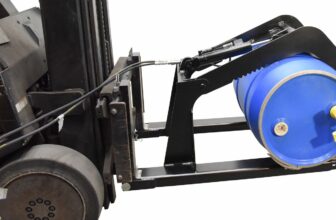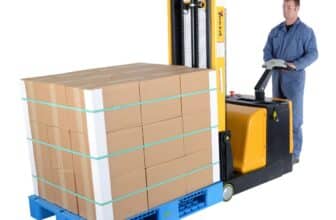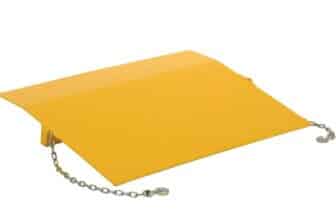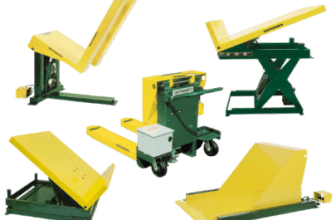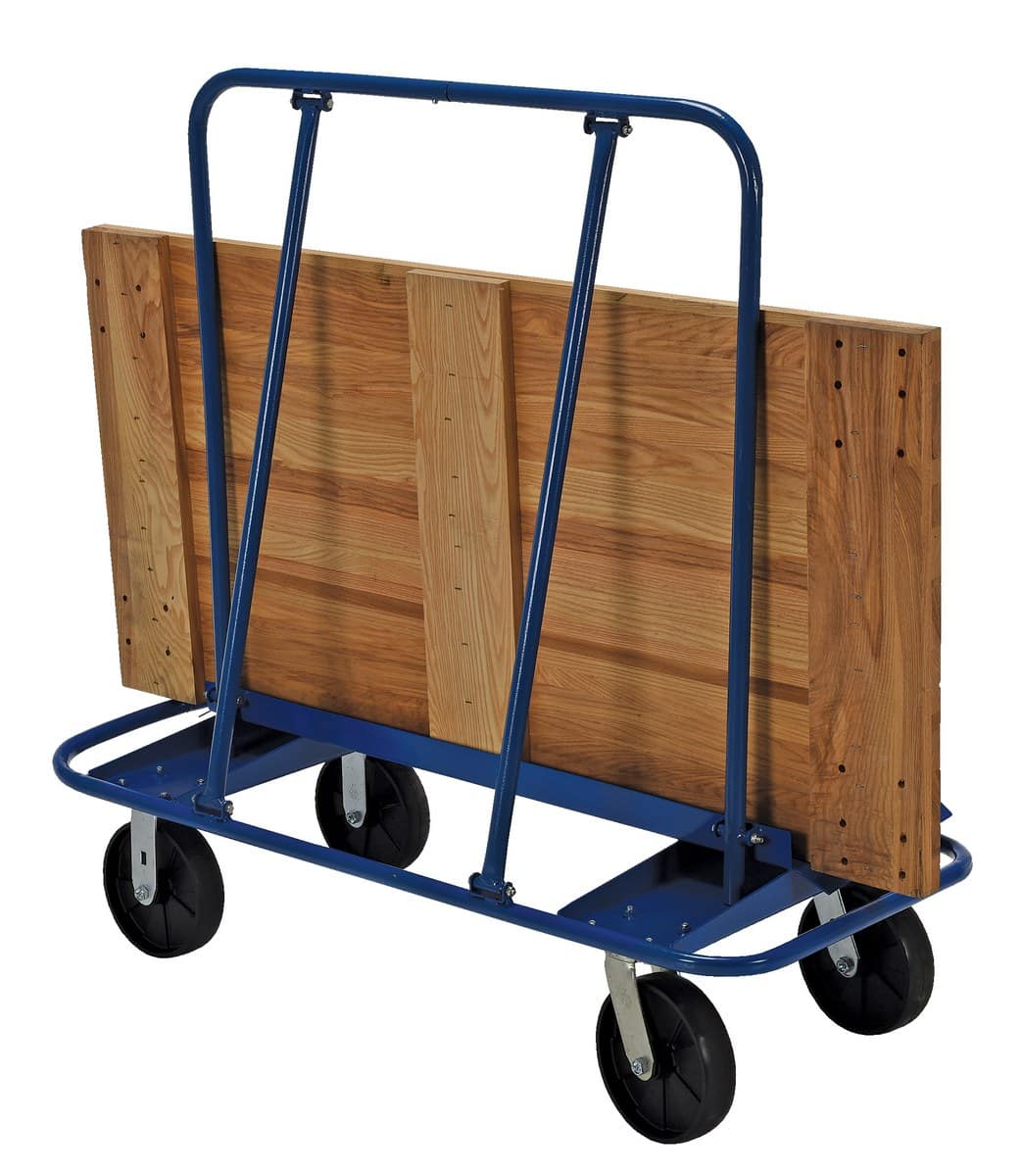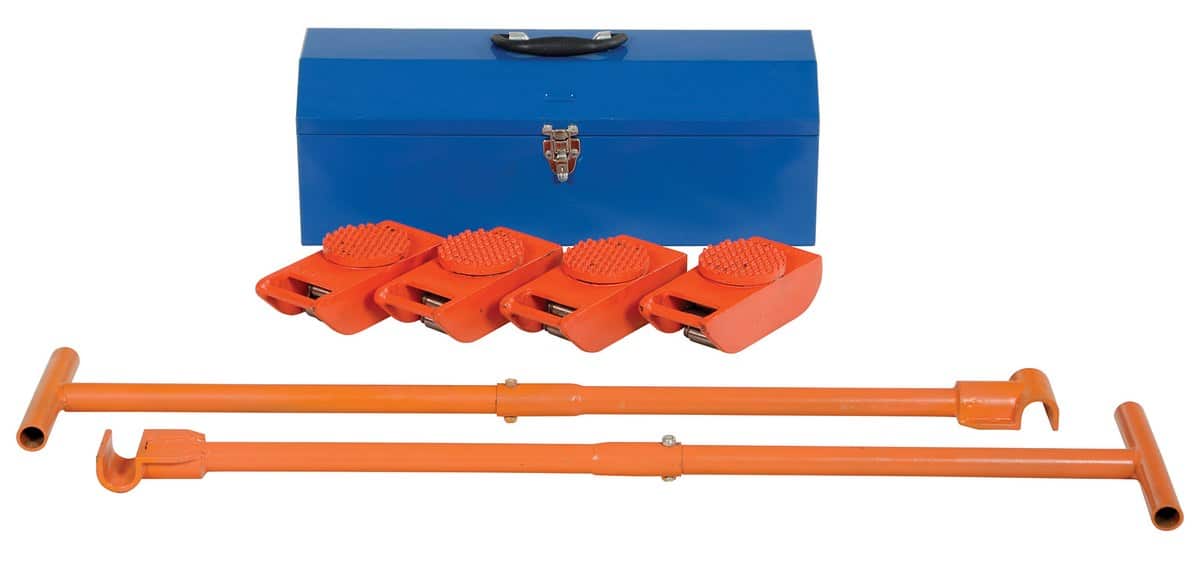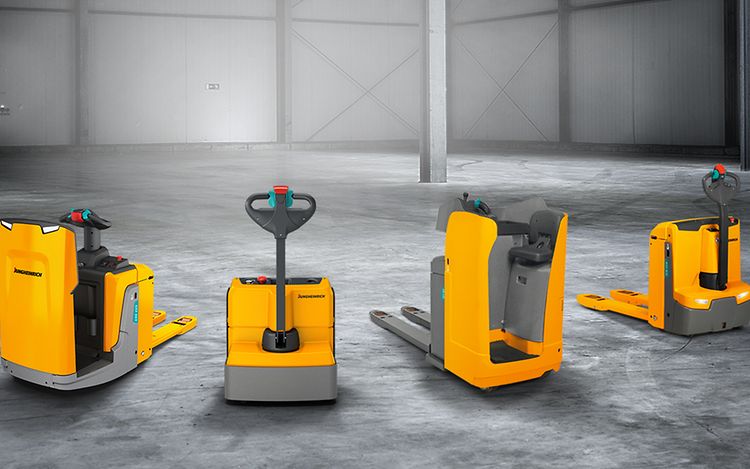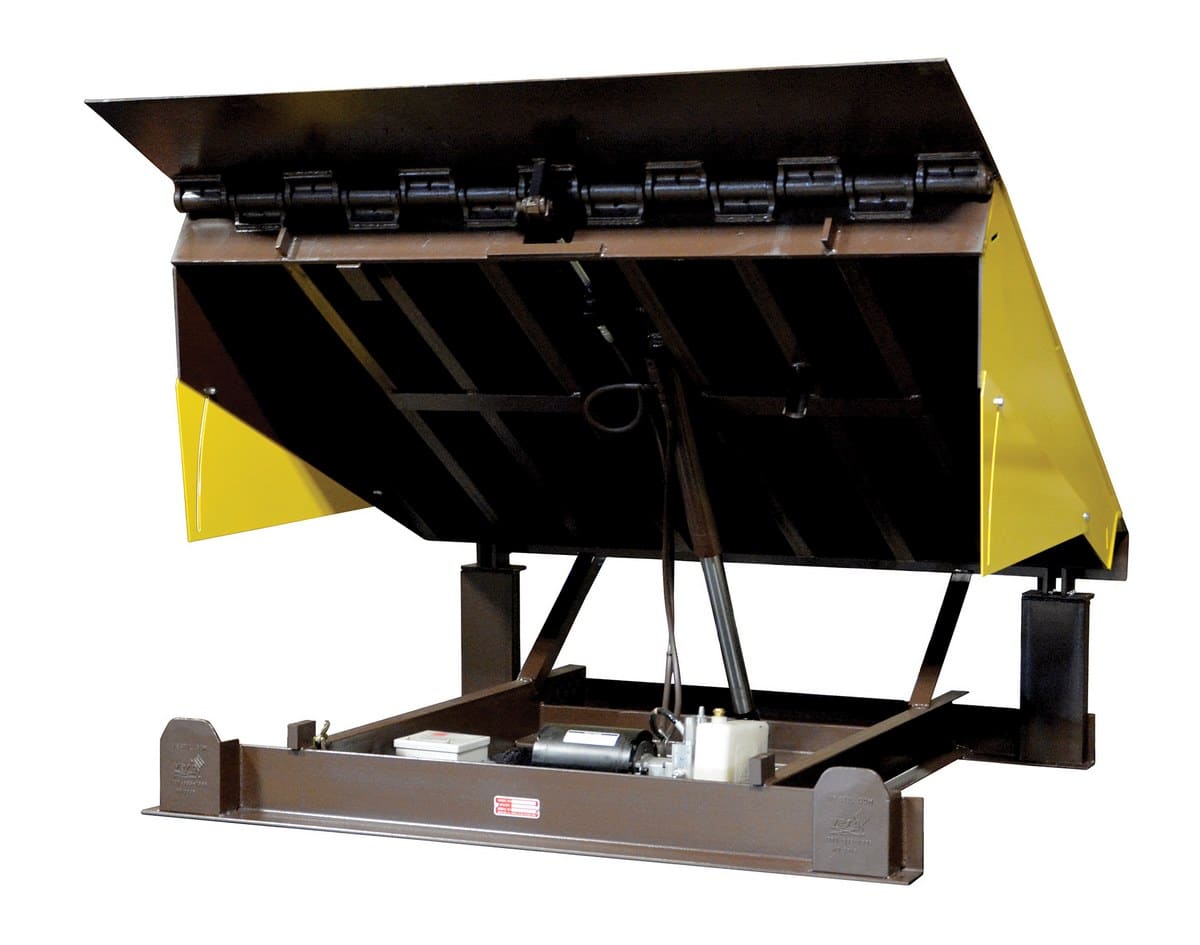
Material handling is the cornerstone of efficient warehouse operations. A critical component within this landscape is the dock leveler, an essential device that bridges the gap between the warehouse floor and the truck bed, ensuring smooth transportation of goods. This comprehensive article offers insights into the functionality, types, and key considerations of dock levelers, specifically the load dock leveler, an integral part of modern warehouse design.
What Are Dock Levelers? Understanding the Basics
Dock Levelers: An Overview
Dock levelers, also known as dock levellers or dock leveler systems, are essential elements of material handling and logistics operations. They provide a smooth, safe passage for forklifts and other transport equipment between the warehouse and loading trucks, minimizing the risk of damage to goods and injuries to personnel.
The Importance of Dock Levelers
Warehouse dock levelers not only ensure seamless transport of goods but also increase the efficiency and safety of loading and unloading processes. By bridging the gap and accommodating differences in height between the warehouse floor and the truck bed, they mitigate potential obstacles and hazards, ensuring uninterrupted workflow.
Deep Dive into Dock Leveler Details: Types, Sizes, and Applications
Types of Dock Levelers
There are multiple types of dock levelers, including mechanical, hydraulic, and air-powered dock levelers, each with its unique benefits and applications. Let’s look at these types in detail:
- Mechanical Dock Levelers: Mechanical or manual dock levelers require physical effort to position them. They are typically less expensive but require more maintenance than their counterparts.
- Hydraulic Dock Levelers: These dock levelers are powered by hydraulic systems. They offer ease of operation and high load-bearing capacity, making them ideal for high-traffic docks.
- Air-Powered Dock Levelers: These dock levers use airbags to lift and lower the platform. They provide a good balance of cost-effectiveness and reliability.
Dock Leveler Sizes
The size of a dock leveler is crucial for its efficient operation. Typically, dock leveler sizes range between 6 to 10 feet in width and 6 to 12 feet in length. However, the appropriate size of the leveler depends on the specific needs and constraints of the warehouse and the type of vehicles it serves.
Dock Leveler Applications
Dock levelers find wide-ranging applications in several industrial sectors. They are particularly useful in environments like warehouses, distribution centers, and manufacturing facilities where there’s a continuous need for loading and unloading goods.
The Load Dock Leveler: A Closer Look
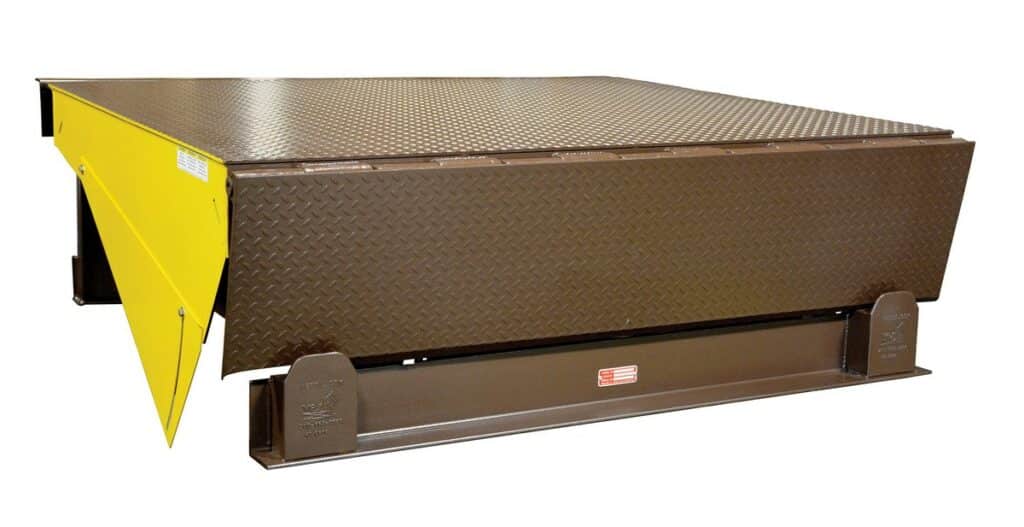
What is a Load Dock Leveler?
The load dock leveler, also referred to as a loading dock leveler or truck dock leveler, is a variant of dock leveler specifically designed to manage heavy loads.
Load Dock Leveler Details
A load dock leveler comes equipped with an adjustable platform and a hinged lip, allowing it to adapt to different truck heights and loads. Some sophisticated models feature automated controls for easy operation and superior load handling.
Power Ramp Dock Leveler
The power ramp dock leveler, a subcategory of load dock leveler, is an automatic variant that uses hydraulic power for efficient load handling. It can be customized to match various dock level loading requirements and offers improved safety and speed.
Dock Levelling: The Process
Dock Levelling Explained
Dock levelling is the process of adjusting the dock leveler to match the height of the truck bed. The process ensures a safe and smooth transition of goods between the warehouse and the truck, reducing the chances of damage or injuries.
Key Considerations When Choosing Dock Levelers
Understanding Your Needs
The first step in choosing the right dock leveler for your facility is understanding your specific needs. Consider the type of vehicles you will be serving, the volume of traffic, the types of goods handled, and your budget.
Considering the Right Dock Leveler Size
The dock leveler size is critical to its operation. A smaller dock leveler may not bridge the gap efficiently, while an overly large one could lead to unnecessary costs and safety concerns.
Evaluating Dock Leveler Details
It’s crucial to evaluate the details of the dock leveler before making a decision. Consider factors such as the construction quality, load capacity, ease of operation, maintenance requirements, and safety features.
Frequently Asked Questions (FAQs)
- What are dock levelers? Dock levelers are platforms that bridge the gap between the warehouse floor and the loading dock, facilitating safe and efficient movement of goods.
- What are the types of dock levelers? There are several types of dock levelers, including mechanical, hydraulic, and air-powered dock levelers.
- What is a load dock leveler? A load dock leveler is a type of dock leveler designed to handle heavy loads. It has an adjustable platform and a hinged lip that can adapt to various truck heights and loads.
- What is a power ramp dock leveler? A power ramp dock leveler is an automatic variant of a load dock leveler that uses hydraulic power for efficient load handling.
With a well-chosen dock leveler, the flow of goods from your warehouse to the truck can be as smooth as possible, ensuring optimum efficiency and safety. Understanding the intricacies of dock levelers can help you choose the most suitable option for your operational needs. So, choose wisely and enhance your warehouse operations! Also visit our dock plate guide!
#DockLevelers #LoadDockLeveler #DockLevelerDetails #WarehouseOperations #MaterialHandling




